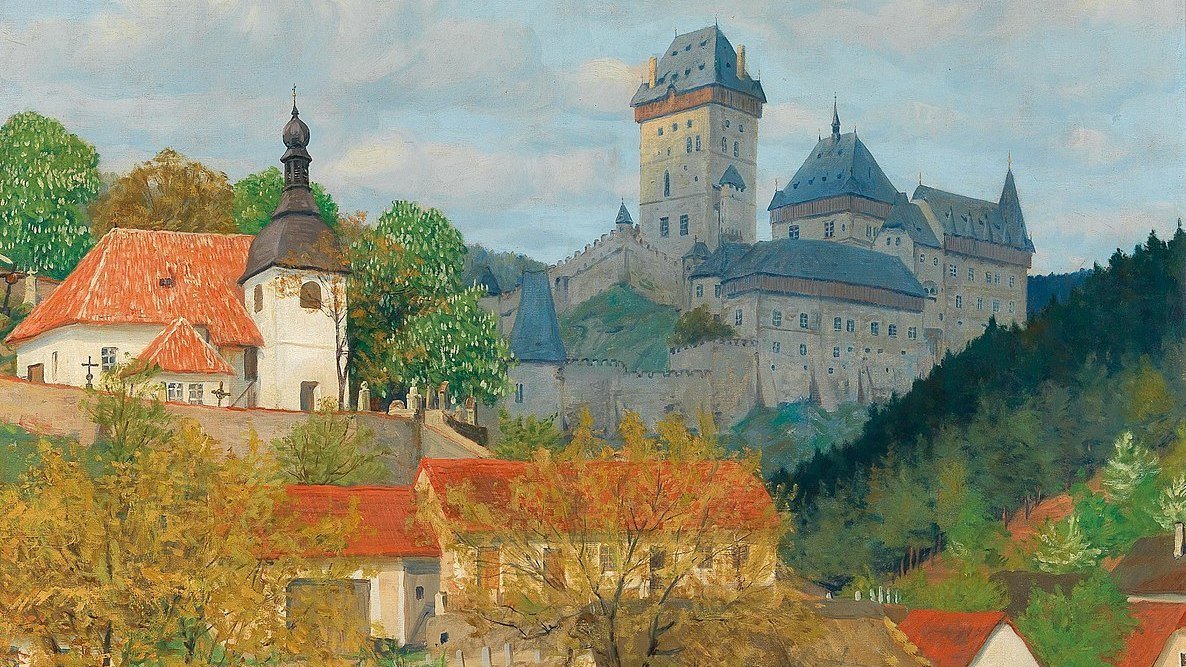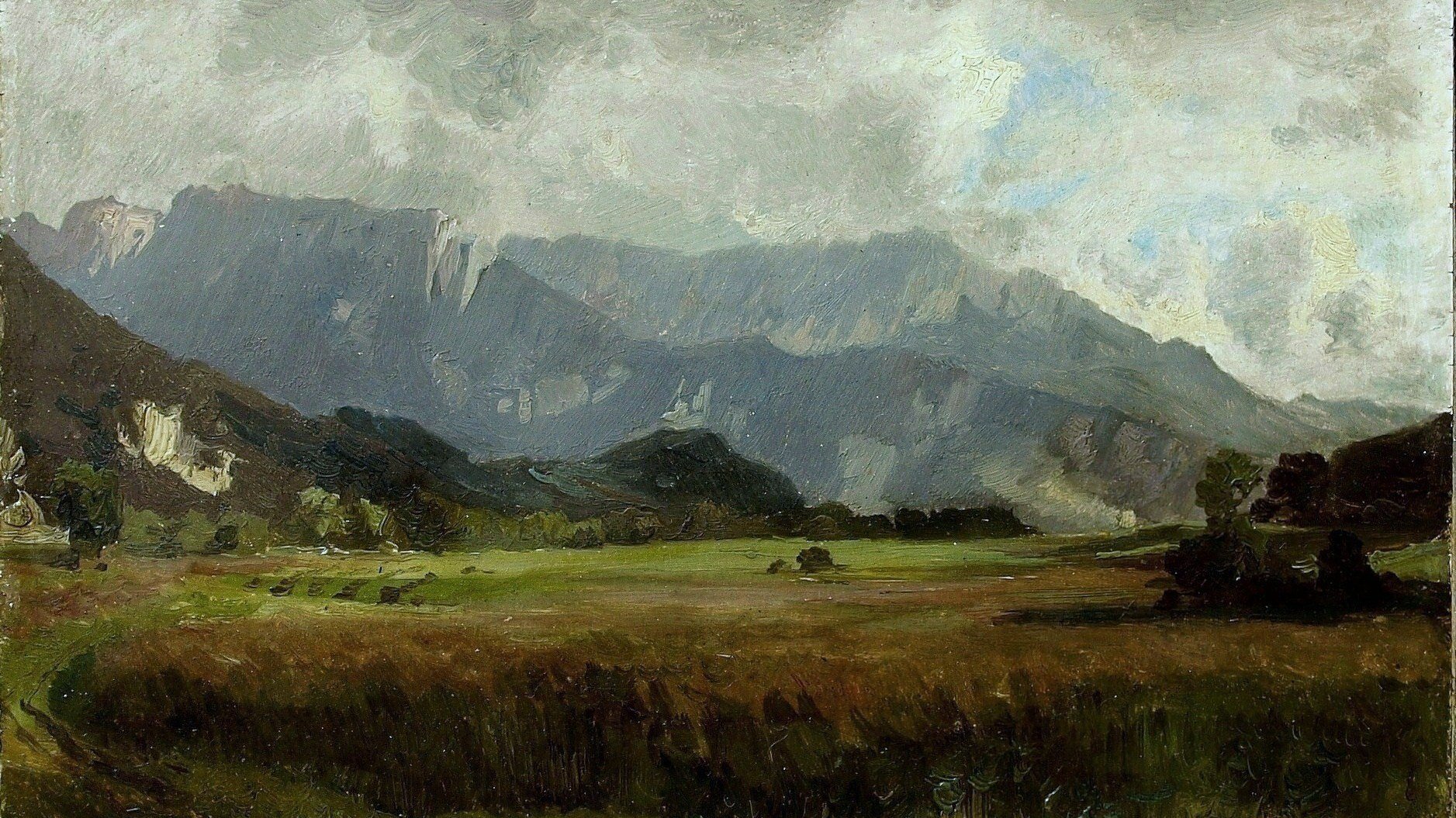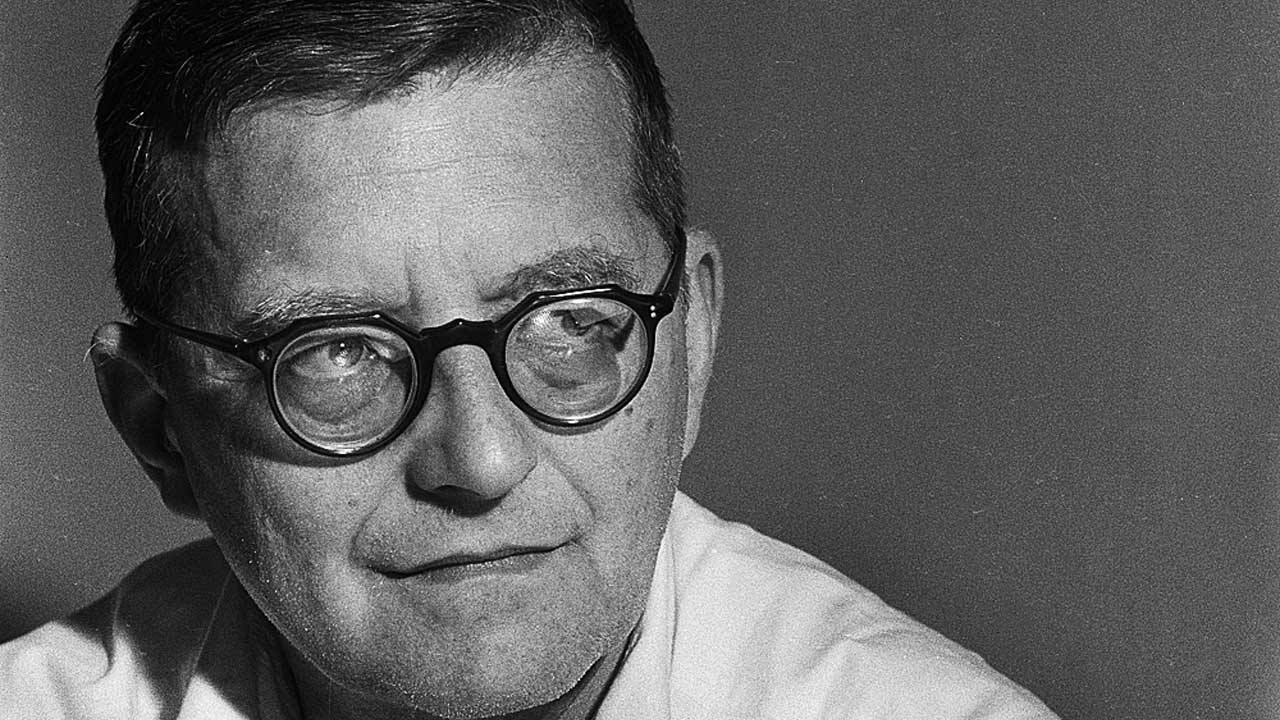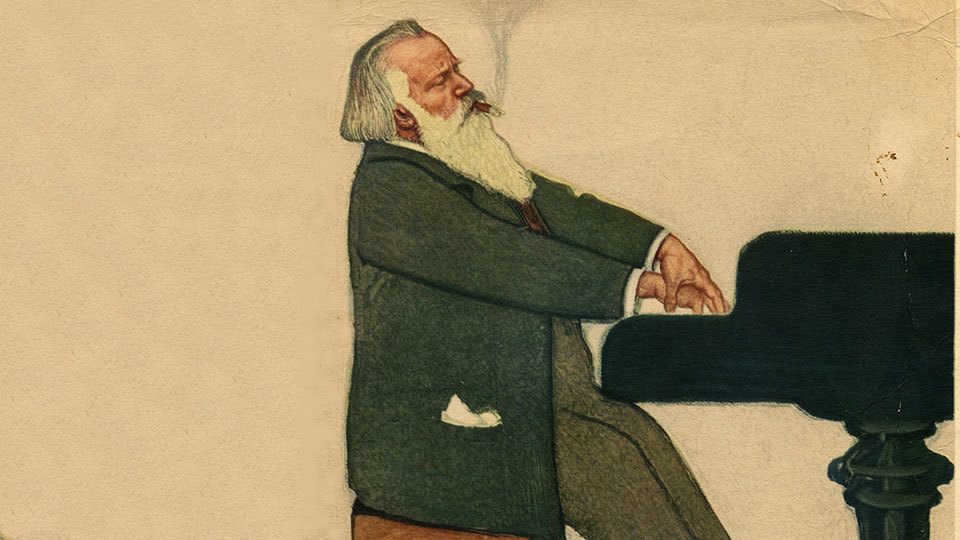Dvorák’s Piano Quartet No. 2 in E-flat Major: Melodies Coming in Droves
As with Franz Schubert, Antonín Dvořák was a composer awash in melody. In a letter to a friend, dated August 10, 1889, Dvořák expressed gratitude for this seemingly effortless melodic stream: Do you want to know what I’m doing? My head is full of it. If only one could write it immediately! But it’s no use, I have to go slowly, only what the hand can manage and the Lord God will …







